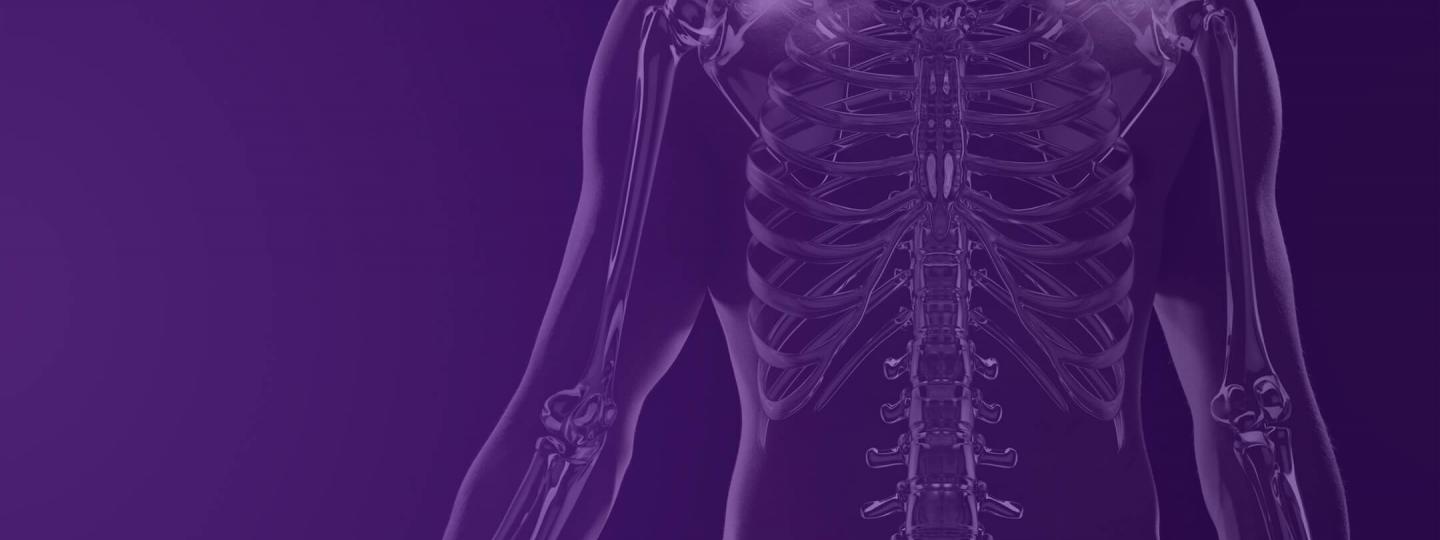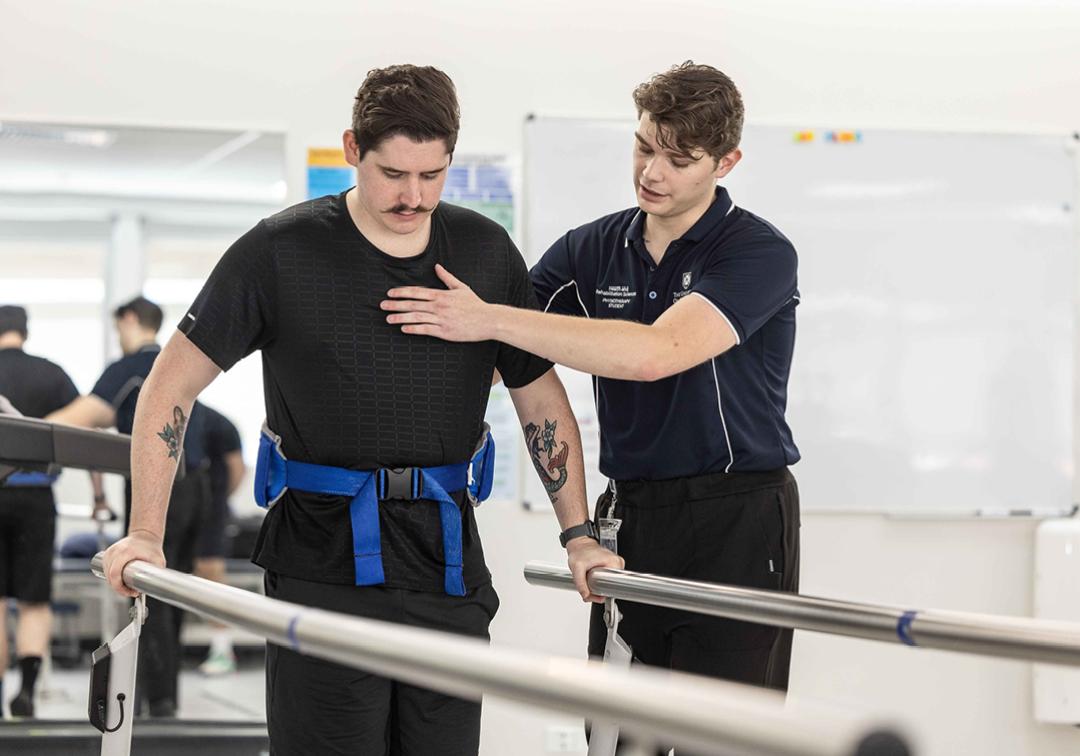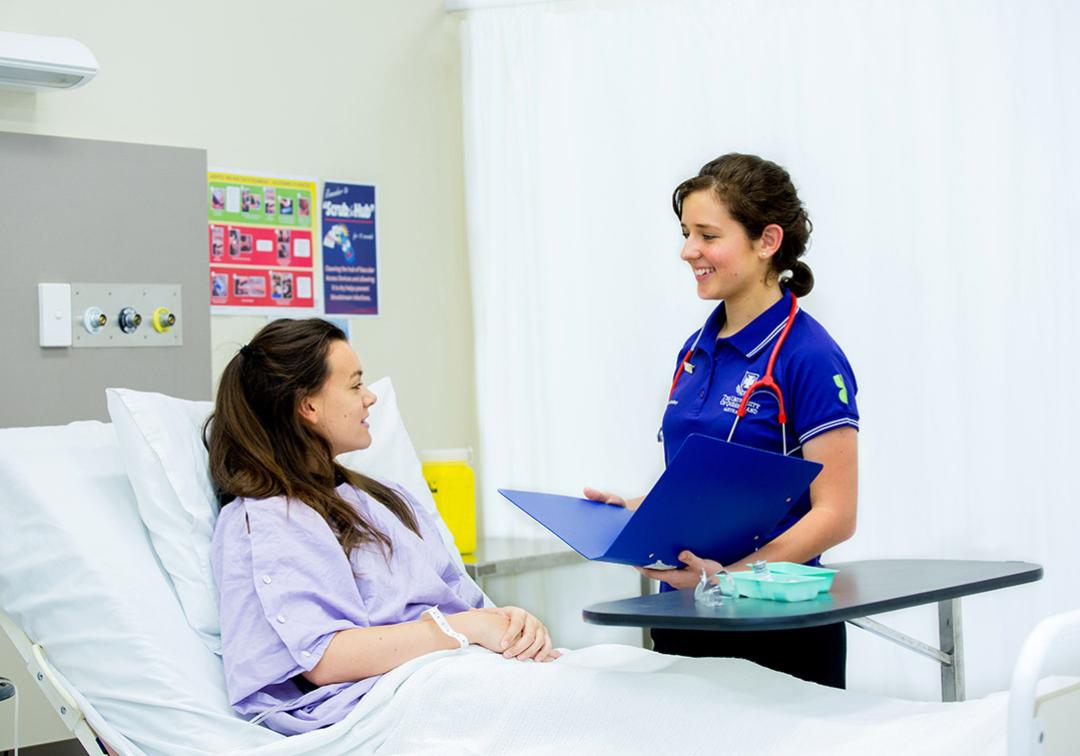
Bachelor of Midwifery (Honours)
Overview
Gain deeper insights into midwifery practice, including advancing clinical skills, research methods and evidence-based practices, equipping you for future higher degree study.
This honours program is designed for Bachelor of Midwifery graduates with a passion for research.
You'll undertake coursework in small, supportive groups, which facilitate in-depth discussions and collaboration with your fellow students, while learning from internationally respected researchers and academics. Through individual mentoring, you’ll advance your skills and deepen your knowledge of midwifery research and practice.
Research plays an important role in improving the safety and quality of care. In your honours year, you’ll study research methods and write your concluding thesis.
Your thesis may be publishable and make a significant contribution to the field, helping establish your professional reputation and act as a gateway to future job and leadership opportunities.
For midwives currently working in health, the honours year in midwifery is available part-time, allowing you to balance your studies with personal and professional responsibilities.
Graduates of this program have gone on to significant roles in a range of different public and private healthcare services, maternity and neonatal care settings, teaching and research centres, rural and remote health clinics, and aid organisations.
Program highlights
- Learn how to plan and conduct research that addresses a scientific research question in this one-year program.
- Push the boundaries of your midwifery discipline as you develop your skills in critical and analytical thinking, research, writing and problem-solving.
- Develop your research abilities through individual mentoring with renowned researchers who'll share their wealth of experience.
- Graduate with a respected honours qualification that will set you apart in the career market, prove your leadership worth and provide a pathway to future research or learning.
How you'll learn
Your learning experiences are designed to best suit the learning outcomes of the courses you choose.
- Tutorials
- Online study
- Research experience
What you'll study
At UQ, degrees are called 'programs' and subjects are called 'courses'. Here's a sample of the courses you could study in this program:
- Advanced Discipline Readings
- Research Methods & Thesis Preparation
- Research Thesis
Career possibilities
Our programs prepare you for your first job and beyond. Here are some of the careers you could be on your way to:
- Flight midwifery nurse
- Antenatal midwife
- Emergency department midwife
- Nursing director
- Midwifery lecturer
- Policy and project officer
- Caseload practice midwife
- Maternity assessment unit midwife
- Midwifery manager
- Nursing and midwifery school manager
Average annual salary range
Midwife
seek.com.au
Events
See all events
9 June
Master of Physiotherapy information webinar
Stories
See all stories
Careers
What can you do with a midwifery degree?
6-minute read

Careers
Breaking barriers: a male midwife’s journey and reflections
4-minute read

UQ people
Meet the expert: changing lives as a nurse practitioner with Aaron Grogan
3-minute read
Stories
See all stories
Careers
What can you do with a midwifery degree?
6-minute read

Careers
Breaking barriers: a male midwife’s journey and reflections
4-minute read

UQ people
Meet the expert: changing lives as a nurse practitioner with Aaron Grogan
3-minute read
Entry requirements
Prerequisites
Prerequisites
English language requirements
IELTS overall 7; reading 7; writing 7; speaking 7; listening 7. For other English Language Proficiency Tests and Scores approved for UQ
TOEFL iBT (including Paper Edition) - Overall 100, listening 25, reading 25, writing 27, speaking 23.
PTE Academic - Overall 72, sub bands minimum 72.
BE - A minimum overall grade of 5 plus a minimum grade of A in all macro skills.
CES - Overall 185, All sub bands minimum 185.
OET is not accepted.
There are other ways to meet the English language requirements. For some programs, additional conditions apply.
Inherent requirements
To complete this degree, you have to meet its inherent requirements by demonstrating essential skills and attributes. Read the inherent requirements before you apply.
Student visas
International students who are accepted into full-time study in the Bachelor of Midwifery (Honours) are eligible to apply for an Australian student visa (subclass 500).
There are a number of requirements you must satisfy before a visa is granted, including the Genuine Student (GS) requirement.
Additional application information
Additional application information
Fees and Scholarships
Indicative annual fee
Approximate yearly cost of tuition (16 units). Your fees will vary according to your selected courses and study load. Fees are reviewed each year and may increase.
$4,740
2026
Approximate yearly cost of tuition (16 units). Your fees will vary according to your study load. Fees are reviewed each year and may increase.
AUD $45,792
2026
Government assistance
Financial aid
As an international student, you might be eligible for financial aid – either from your home country, or from the Australian Government.
HECS-HELP
Domestic places in the Bachelor of Midwifery (Honours) are Commonwealth supported, as long as you meet all Commonwealth supported place eligibility requirements.
This means the cost of your education is shared between you and the Australian Government. Instead of tuition fees, Commonwealth supported students pay what are called student contribution amounts.
If you have a Commonwealth supported place, you may also be eligible for HECS-HELP. This is an Australian Government loan scheme to assist eligible students with the cost of their student contribution amounts.
Centrelink support
The Australian Government offers a number of income-support payments to eligible Australian university students.
Scholarships
You may be eligible for more than 100 scholarships, including:
How to apply
Applying online
All international applications should be submitted to UQ. If you prefer, you can use an approved UQ agent near you.
The program code for the Bachelor of Midwifery (Honours) is 2266.
Applying online
All domestic applications should be submitted to UQ.
The program code for the Bachelor of Midwifery (Honours) is 2266.
Important dates
The closing date for this program is:
- To commence study in semester 1 - November 30 of the previous year.
Visa processing times vary. Apply and accept your offer as early as you can.
To learn more about UQ dates, including semester start dates, view the Academic Calendar.
Important dates
The closing date for this program is:
- To commence study in Semester 1 - January 31 of the year of commencement.
- To commence study in Semester 2 - June 30 of the year of commencement.
To learn more about UQ dates, including semester start dates, view the Academic Calendar.
Aboriginal and Torres Strait Islander applicants
For support with applying – or if you have any questions about university life – get in touch with our Aboriginal and Torres Strait Islander Studies (ATSIS) Unit.
Explore other programs
Express yourself. And your interest.
They say choosing a degree is hard, which is why we've made it easy. Register your interest and we'll send you everything you need to know about applying to UQ.



